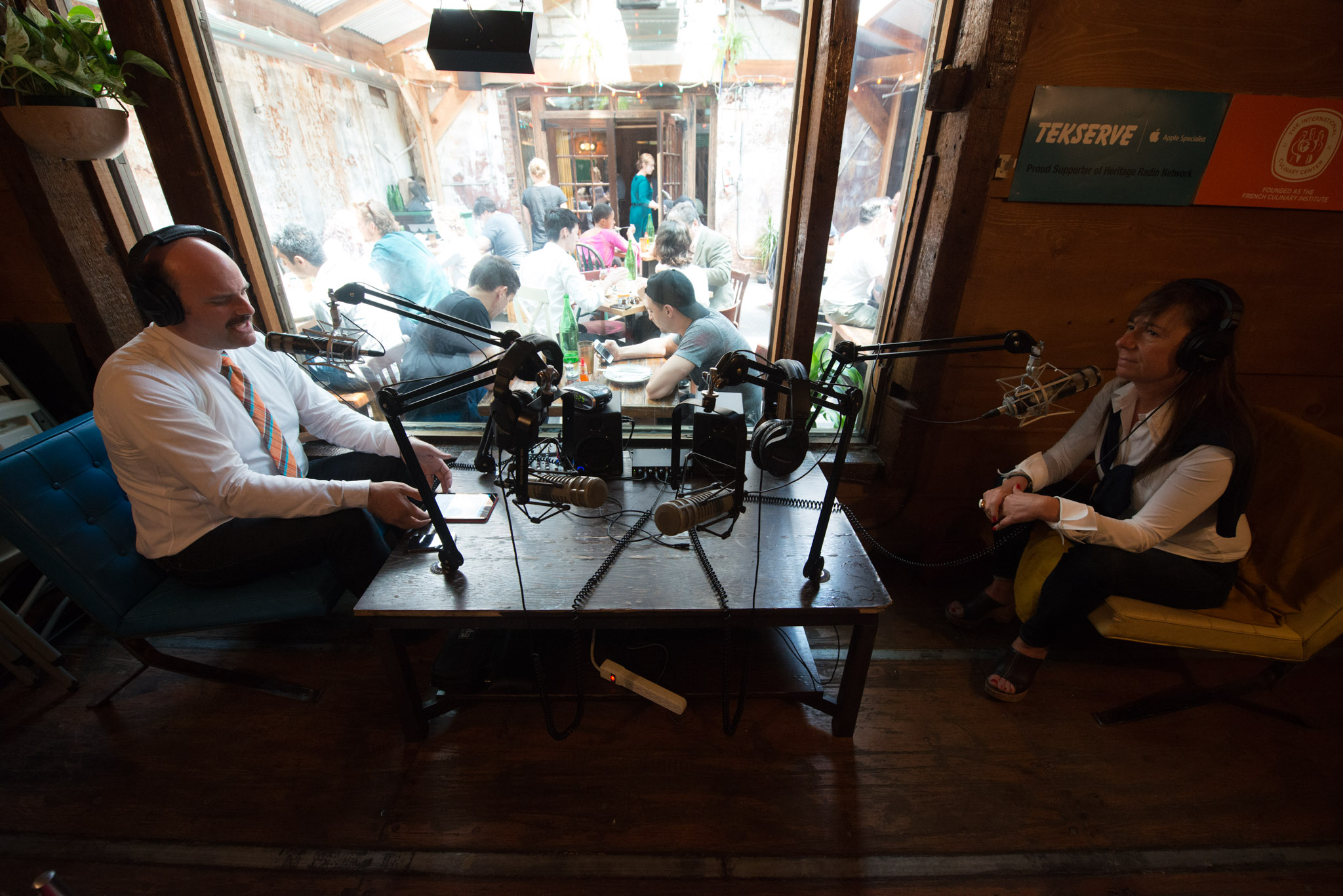Gabriella Ganugi was born in Florence where she completed her studies, became a licensed architect, and founded one of the city’s most important institutions of higher education. Hers is a life marked by emotion and in particular innovation, as seen in the example of experiential learning through cultural integration developed for international students who arrive in increasing numbers in Florence. She lives between Florence and New York City.
Gabriella, what’s the first adjective that comes to mind when describing yourself?
Determined.
You are constantly creating new projects and ideas for your students and your many involvements – where do the energy and enthusiasm come from?
A part of me is like a perpetual child who continues to grow. By creating things I am always renewing my own self.
Beyond the world of higher education, your passions are infinite: you are a writer and an architect, well-versed in interior design, and adore gardening. It would take a separate interview to discuss your love for cuisine, which is recounted in the book you authored, La bambina che contava le formiche (The Girl Who Counted Ants). Where do you escape when you need to take a break from it all?
The beach, where I can gaze at the water. Lakes are too static for me, whereas the waves and splashes of the sea or the ocean are in movement.
Cooking is like a parable of life, and it has traced yours from childhood to a journey that has taken you afar from the restraints of a routine life. It has opened up innovative projects, especially for a city like Florence, which required sacrifice but brought fulfillment. Looking back, what WOULDN’T you repeat? What would you differently?
I honestly have no regrets nor do I dwell on them them. If I have to come up with at least one, I probably wouldn’t have dedicated my time to men or to the search of romantic love. I fell into a very common trap for many women – “waiting for Prince Charming” – an ideal we are brought up to revere from childhood as a life objective and that more or less remains engrained in our minds. I’ve always wanted more from life, and the idea of married life bored and constrained me, it held me back from moving forward.
You created the only restaurant in Florence managed by international students – those studying Culinary Arts, Wine, and Hospitality at FUA – and used the same concept to open a pastry shop. A double success. Your students are also involved in the operations of a fashion retail store featuring designer label vintage, emerging designers, and student creations. How are your local clients reacting?
All of the projects are non-profit and were developed as “classes connected to the city and community.” The initial period was very difficult, first and foremost because many individuals within and outside of FUA failed to understand the mission behind these projects. At present my staff has comprehended the concept and the openness towards the city has also changed. We have many regulars who support us and give us the inspiration to keep going. Despite the difficult path we have chosen to follow, the results are extremely gratifying.
Every academic season, students arrive from all over the world to spend a short or long-term period of study at FUA. What is the most important message you would like to impart to them, something they can remember and take home with them as a life lesson that can’t be found in books?
Never compare cultures. “Different” doesn’t mean better or worse, just different. Look, smell, listen, touch, taste. Never stop studying and learning.
You have a brand new project now, which can be summarized as “teaching professors how to teach international students.” It’s a unique concept that no one has thought of before, at least in Florence. What are the major problems you’ve encountered in International Education?
Finding instructors for frontal lectures in English is very easy. Florence is an international city and there’s an extensive English-speaking community here. There are many Italians with good resumes who are proficient in English, have traveled extensively, and are interested in the city’s internationalization.
However, our mission diverges from the “frontal” style of teaching and the traditional study abroad model. We want our students to take away a part of our culture to cherish for the rest of their lives. Our entire teaching strategy is centered on the student experience and it’s very difficult to find instructors capable of simultaneously teaching knowledge and competence.
For this reason we launched two new graduate courses, currently in expansion to offer a full graduate certificate by next year, with the aim of training instructors according to our specific vision and mission.
The level of satisfaction with our courses is almost 100%. Our educational model is effective and we want to share it with others.
Your students are transformed when they return home. Do you think Florence changes with them?
City change would be great, but in order for this to happen a precise and accurate project for the cultural integration of international communities within the city is necessary. The benefits for the city and the surrounding territory are infinite, but it will take a different political vision that is outward-looking and less focused on conserving privilege acquired through history.
If you can change something in Florence, what would it be?
How Florence is perceived abroad. Florence seen as a museum/amusement park is ingratiating and trivial. The Renaissance, like all artistic periods, was extraordinary because it was contemporary for its time. Florence has to reemerge from its own past and become a city with an international culture. The current cultural breadth is too limited and only attracts a low-medium level of quality.
You live part of the year in the United States. Your home base there is in the Big Apple, which former mayor Michael Bloomberg dubbed “the world’s second home.” Is it still a second home for the world?
New York is a difficult but open-minded city. It offers you everything, if you give back. It has its contradictions like any country but there the opportunities are infinite. You can understand who you are, be continuously inspired, and if you have good ideas people listen and recognize their worth.
In Italy it’s the opposite. The establishment puts barriers on entrepreneurship and on the economy. In the US on the other hand, there’s more economic and institutional support.
A dream that you aren’t giving up on?
To see my project gain recognition one day in my own country.
An important project for the future?
To take our mission beyond Italy so that students who cannot afford to come here can study with us from their home countries.
A favourite aphorism?
“Don’t be afraid of being different from others.”
Photo © DavidAndreWeiss

 Italiano
Italiano



